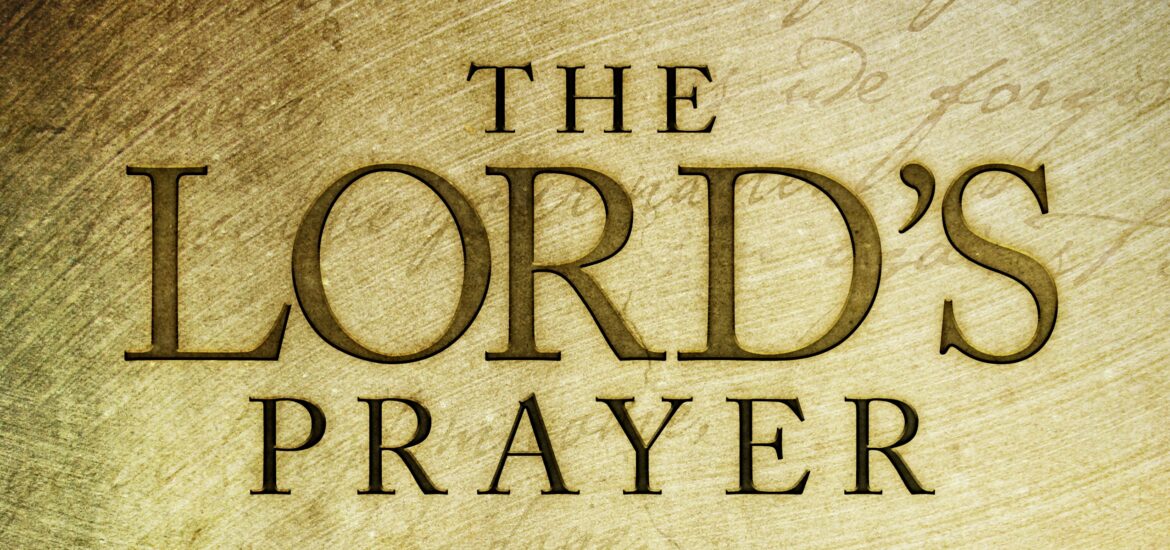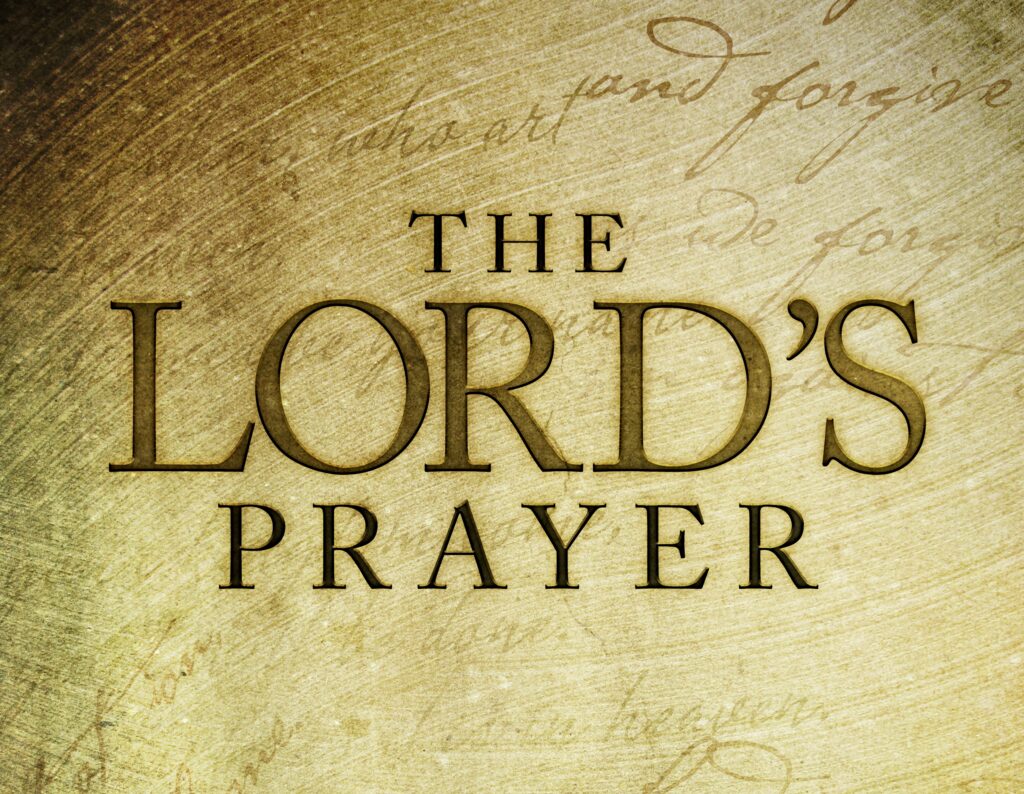Thoughts on Luke 11:2-4
Prayer Power
Members of the town’s congregations gathered together to share their grief, anger, fears, and hopes, in response to the day’s events. It was the evening of Tuesday, September 11, 2001. We sang hymns and recited Psalms. Many of those who were gathered shared Bible verses they found meaningful and other quotes they thought addressed the situation. The clergy who were present led the service but refrained from sermonizing. When the time for prayer drew to a close, we held hands and together spoke the words, “Our Father who art in heaven…. That prayer was powerful. Barriers came crashing down. We were all God’s children—brothers and sisters in Christ. All of us empowered by the Spirit to live out our faith in those confusing and troubling times.
At least once a month I would visit Fritz, a member of the congregation I served, in the local nursing home. Fritz hated me. For years he served as the congregation’s unpaid groundskeeper. I had allowed a boy scout to lay a sidewalk over the well-worn path between the parking lot and the church entrance, for his Eagle Project. It split Fritz’s prize lawn. He never forgave me. Fritz’s level of dementia was such that as long as I didn’t introduce myself (he didn’t recognize me) we could spend time reliving his exploits during World War II. Eventually Fritz would grow tired, and conversation would lag. Before leaving, we would bow our heads. I would begin, “Our Father,” and Fritz would join me in the prayer. There was no animosity, no battle lines—only two men who were one in Christ.
The Lord’s Prayer is part of most of our worship services. We gather around the baptismal font and pray it. It is on our lips as we receive the bread and wine. We surround couples who have just proclaimed their commitment to each other as husband and wife with the words of the Lord’s prayer. At the funerals of loved ones, we share our grief and hope in the words of the prayer. The Spirit powerfully moves in and through us using the words of the Lord’s Prayer.
There are a few branches of the Christian Church that refuse to use the Lord’s Prayer. “It’s only empty words,” they mutter. Others criticize that it becomes a mere recitation rather than a prayer, or maybe a rote habit— “Did we pray the Lord’s Prayer, yet? I don’t remember.” We also quibble about the correct wording, “sins,” “debts,” “transgressions,” or “faux pas,” And, of course, the end sets the Roman Catholics apart from the Protestants, who continue praying, “For thine is the kingdom, the power and the glory ….” Still, the significance and importance of the Lord’s Prayer in the life of the church and in the lives of individual Christians cannot be denied.
For the next four Sundays, the creators of the Narrative Lectionary have chosen to focus on Luke 11:2-4—Luke’s version of the Lord’s Prayer. I’m not enough of a skilled exegete to be able to dissect three verses over four weeks and come up with four unique, powerful, inspiring, and memorable sermons. This is why I chose to focus on the way the Spirit has in the past and still does use the Lord’s Prayer in the life of the church. Through the words and phrases of this ancient prayer, the Holy Spirit breaths life.


